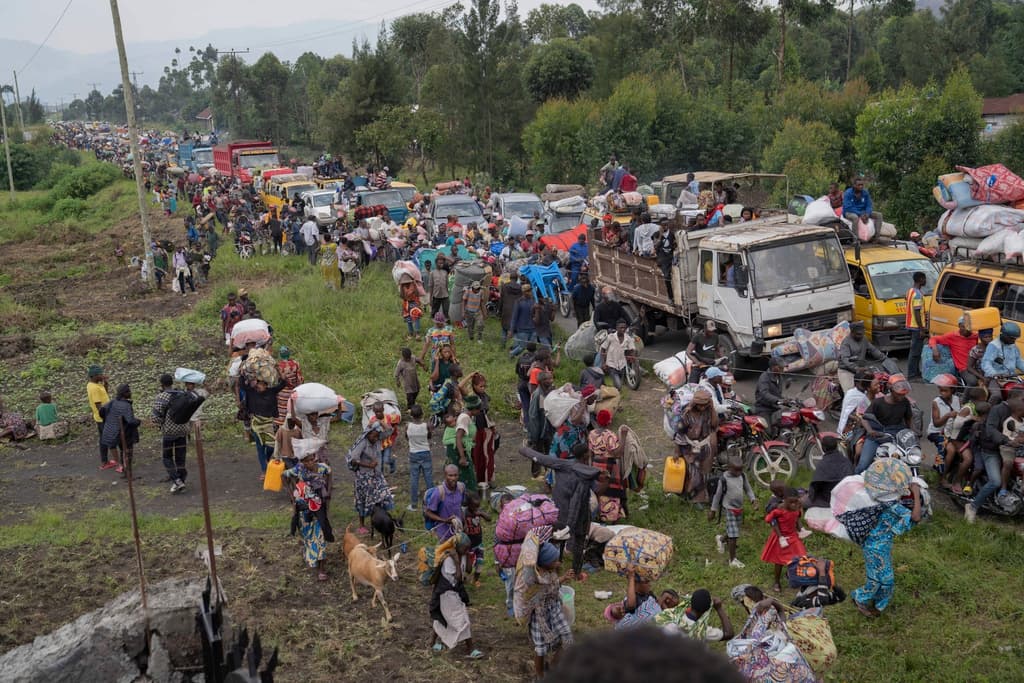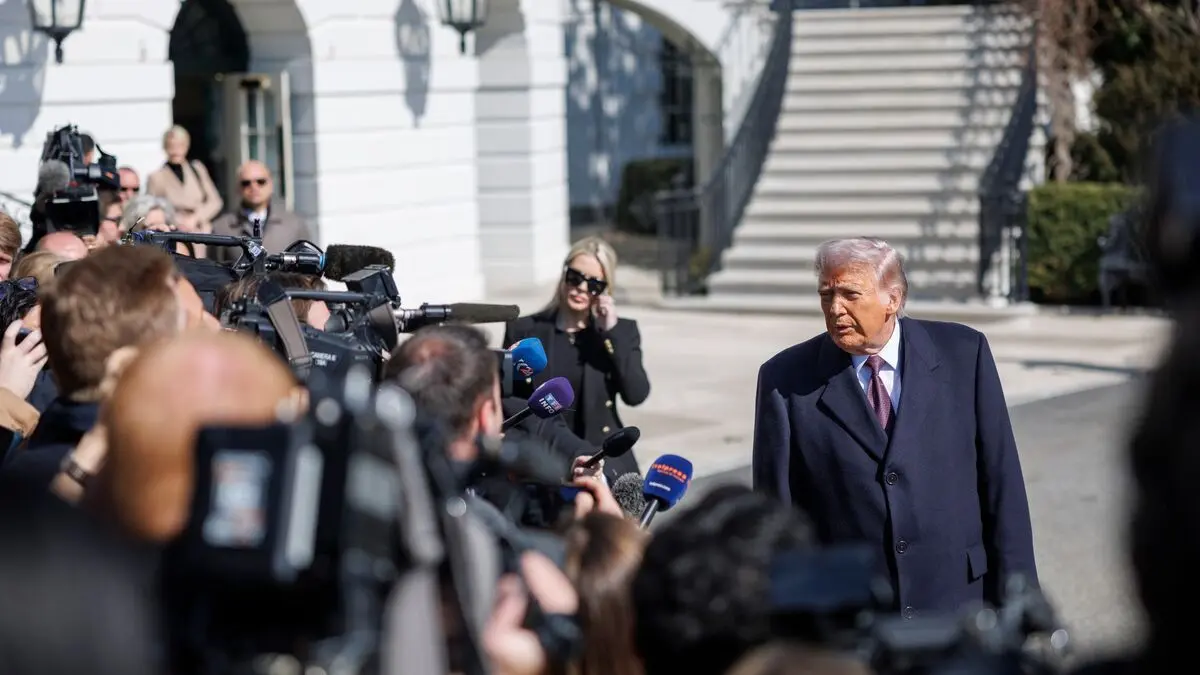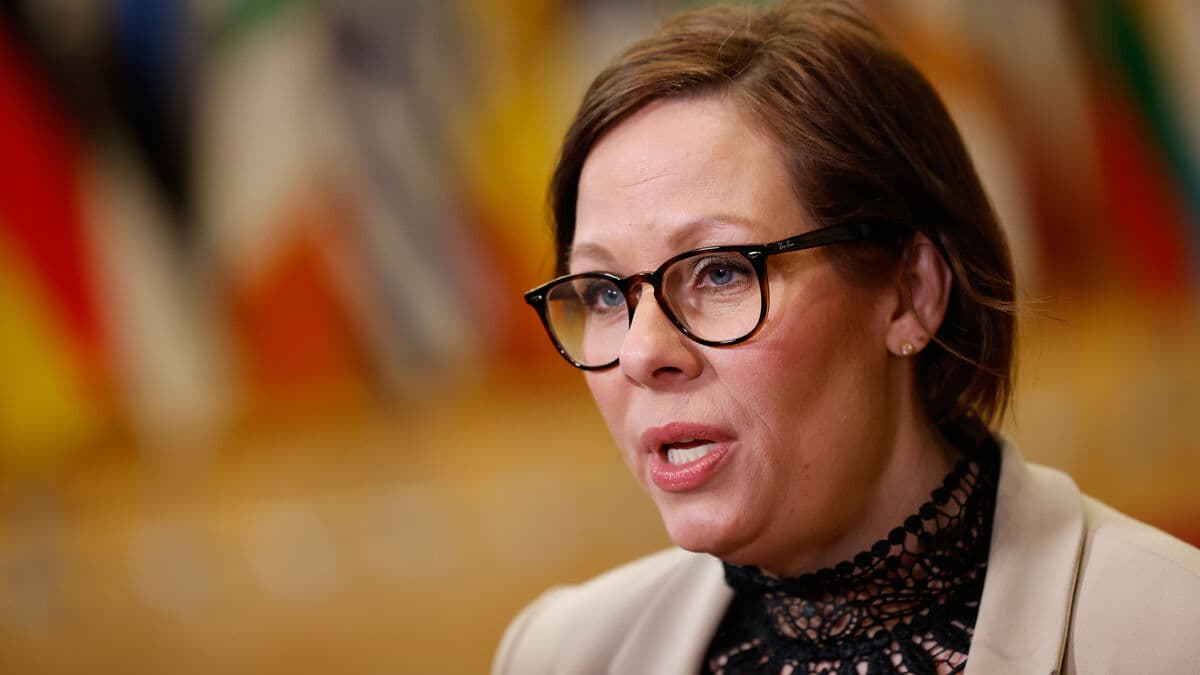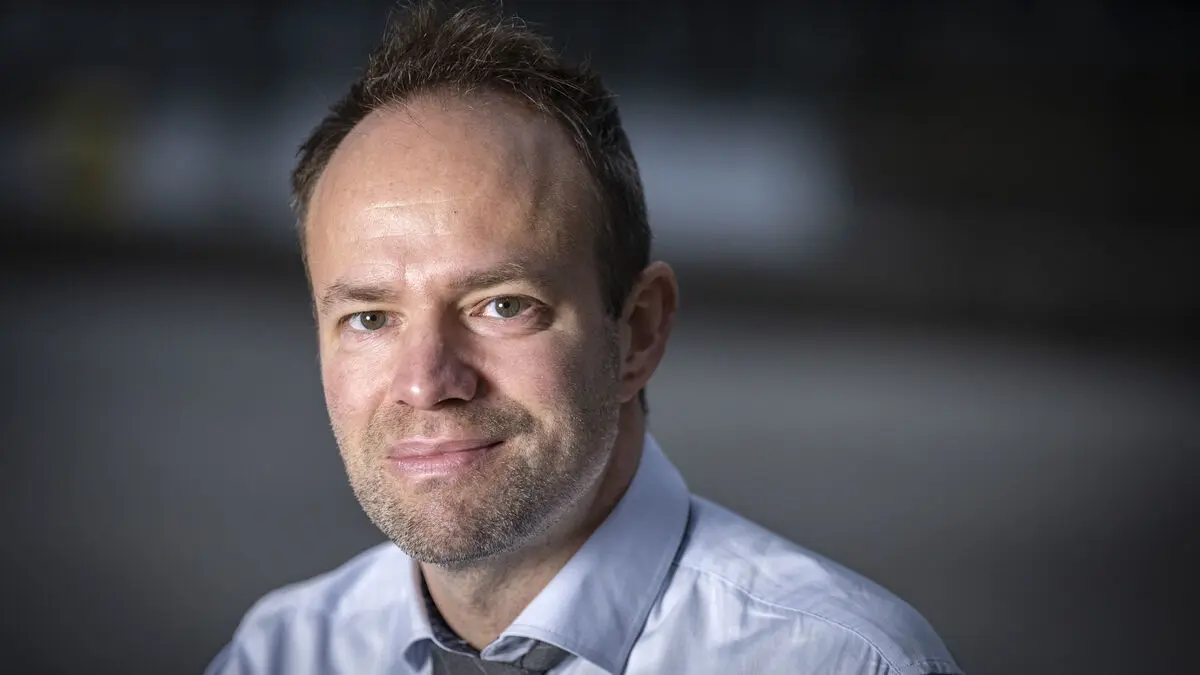Rwandan soldiers enter the Democratic Republic of the Congo, according to a new investigation that strengthens allegations of a secret military intervention.
The hardline government in Rwanda is said to do everything to silence people who ask questions.
Last year, two Rwandan journalists traveled to the Democratic Republic of the Congo, the war-torn neighboring country in the west, to investigate reports that soldiers from Rwanda were being secretly sent there.
Rwanda's President Paul Kagame has consistently denied controversial reports of a military intervention.
When the journalists returned home and published their findings, they were arrested. One of them, Samuel Baker Byansi, fled the country. The other, John Williams Ntwali, died a few months later in a disputed car accident, after alerting his loved ones that something was going to happen to him.
Forbidden Stories, a collaboration between investigative journalists from eleven countries (including SVT), has taken up the journalists' work and identified several Rwandan soldiers who have been killed in the Democratic Republic of the Congo in recent years. The soldiers' deaths had been silenced.
Rwandan presence and support to the Congolese rebel group M23 have been confirmed in a UN report. According to Forbidden Stories' sources, several thousand Rwandan soldiers are currently stationed in the Democratic Republic of the Congo. Analysts point to the region's valuable minerals as a likely motive.
Under Kagame's rule, a comprehensive security apparatus with threats and persecution both in Rwanda and abroad has been built, according to the investigation. Violence and deaths in various places have been suspected to be linked to the Rwandan state.
One example is a case where a Rwandan asylum seeker in Sweden was persecuted, beaten, and forced to go underground.
Rwanda is said to have used the well-known surveillance program Pegasus on a large scale, including against Sweden's embassy in the Democratic Republic of the Congo, according to SVT's "Uppdrag granskning".
The world-renowned dissident and former hotel manager Paul Rusesabagina, whose efforts to save a thousand people from the 1994 genocide were portrayed in the film "Hotel Rwanda", was lured into a trap. He was kidnapped during a flight, imprisoned for a few years, and released after international pressure.
In an interview with Forbidden Stories, Rusesabagina draws a parallel between the current situation and 1994 – regarding the international community's inability to act:
Approximately 800,000 people were killed during the Rwandan genocide in the spring of 1994. It was led by extremist nationalists from the majority Hutu population.
Most of the victims belonged to the minority Tutsi population, but Hutus who were seen as collaborators were also killed.
The genocide was meticulously planned, but a triggering factor was the shooting down – unclear by whom – of the plane carrying then-Hutu President Juvénal Habyarimana and his Burundian colleague Cyprien Ntaryamira. At the time, President Habyarimana had signed a peace agreement with the Tutsi rebel group FPR, which some saw as a betrayal.
After three months of killing, FPR overthrew the regime. Today, FPR is the ruling party and former guerrilla leader Paul Kagame is still president.
In December 2018, a French investigation into the assassination of the president in 1994 was closed due to lack of evidence. The investigation was launched in 1998 at the request of relatives of French crew members who were on the plane.






